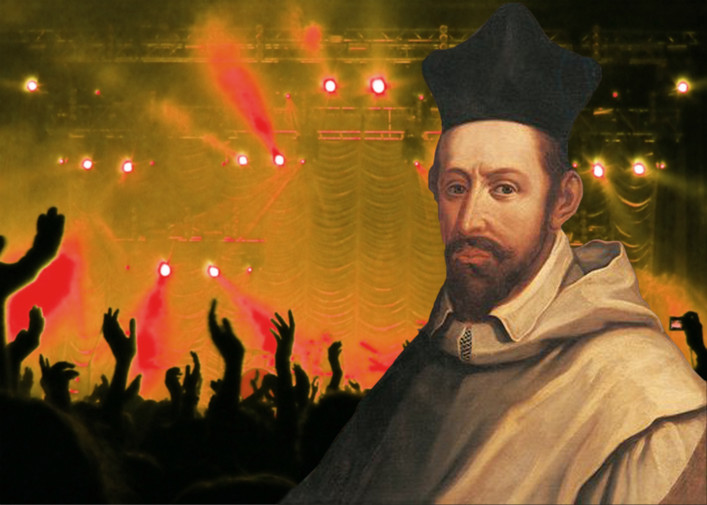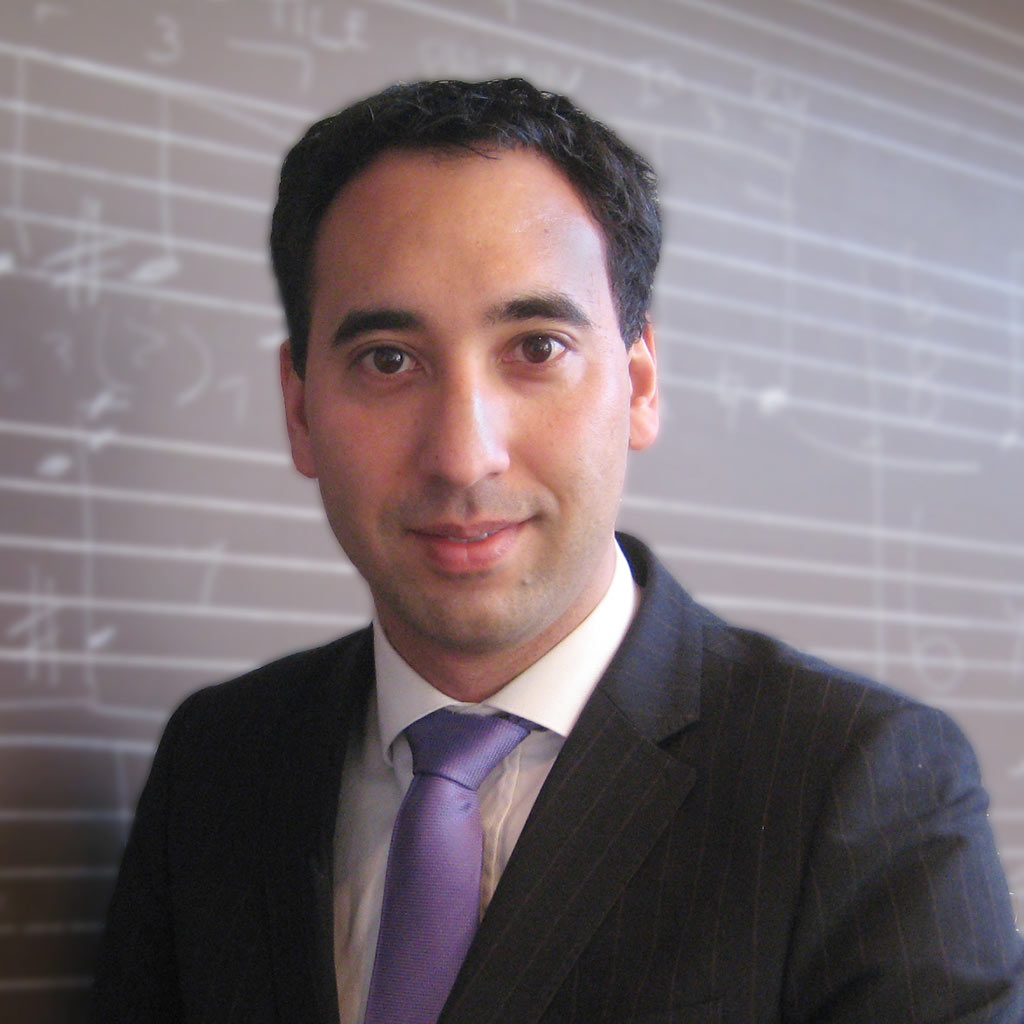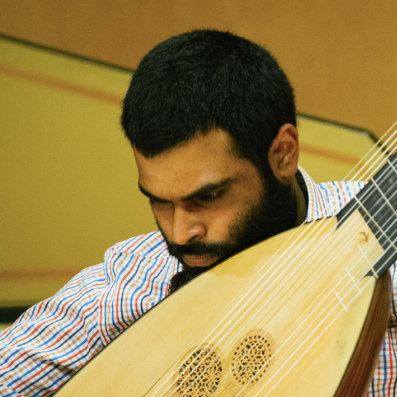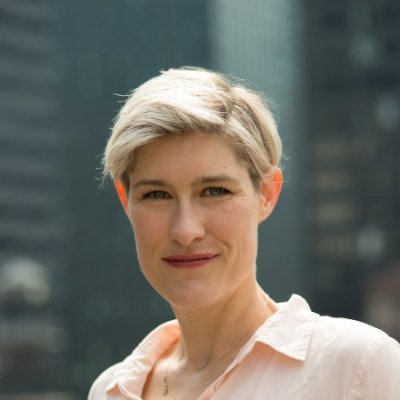Artusi
Artusi is named for one of music’s great curmudgeons, the 16-17th century composer and theorist Giovanni Maria Artusi. G. M. Artusi insisted on following rules and learning by rote, and Artusi the software helps instructors teach just that—we help you do the mechanical stuff so you can spend more time on the creative stuff. Giovanni, who attacked Claudio Monterverdi’s innovations as the sign of alarmingly decadent decay in musical standards, might be horrified by our innovation of using digital tools, but he’d be really happy that we help you learn counterpoint. Like, really really happy.
Artusi was founded in early 2018 with the mission of helping people around the world learn and teach music theory, both to improve the overall level of music theory knowledge, but also to save time for students and instructors to devote to the more creative aspects of music, including music making in all forms. Artusi was first devised by Professor Michael Scott Cuthbert.
Click here for pricing details and for how Artusi stacks up to the competition. Check out our quick Demo or our richer Sampler, or, if you already have an account, add our Artusi curriculum (fundamentals, theory I-IV, and aural skills) to explore further.

Team
Michael Scott Asato Cuthbert, PhD

Chief Music Officer and Principal Software Engineer
Michael Scott Asato Cuthbert (Myke), is a co-founder of Artusi and from 2006–2024 was a (tenured) professor of music at M.I.T. where he taught classes in music theory, fundamentals, musicology, and computational music theory. He received his bachelors (summa cum laude), masters, and Ph.D. degrees in music from Harvard University where his music theory teachers included David Lewin and Kofi Agawu, studied composition with Mario Davidovsky and Judith Weir, and musicology with Thomas Forrest Kelly and Christoph Wolff among others. He is the creator of “music21”, the leading computational
library for analyzing music and is an expert in medieval and minimalist music.
At MIT, Michael won the top institute awards for teaching (in general) and for
teaching with technology. In 2024 he left M.I.T. to work full-time on Artusi
and to be with Elina, his wife, who is a music professor at the University of
Hawai‘i, Mānoa (Honolulu), where he now lives.
Ryaan Ahmed, MM

Chief Technical Officer
Ryaan Ahmed is a software developer, teacher, musician, and entrepreneur. Ryaan met Myke when Ryaan was an undergrad at Harvard, where Ryaan studied computer science and music and became immersed in the vibrant on-campus early music scene. Ryaan holds a Master’s degree in Early Music from the Eastman School of Music, where he studied lute with Paul O’Dette and was supported by the Paul and Daisy Soros Fellowship for New Americans. From 2021–24 Ryaan was the Technical Director of the Programs in Digital Humanities at MIT. As a freelance musician, Ryaan has worked with the Welsh National Opera, Boston Early Music Festival, English Touring Opera, Shakespeare's Globe Theatre, and many other early music groups and opera companies. Ryaan started a tutoring business in college, which he still runs, and has been involved in a number of tech startups.Joseph VanderStel, PhD

Vice President of Technology
Joseph VanderStel is a music theorist, web developer, and educator. He earned his doctorate in music theory at the Eastman School of Music with a dissertation on syncopation in 20th-century American popular music, which received the 2023 Alfred Mann Dissertation Award. Joseph has published in Psychology of Music and the Journal of New Music Research, and presented papers at annual meetings of the Society for Music Perception and Cognition, International Society for Music Information Retrieval, and Society for Music Theory and has taught computational music theory at MIT.Jessamyn Conrad, PhD

Chief Executive Officer
Jessamyn Conrad is an entrepreneur, writer, historian, and communications professional. Jessie has been a successful tech startup founder and has a PhD in art and architectural history from Columbia University focusing on the interactions among painting, architecture, politics, and finance in Trecento Siena. During her research for that she and Myke connected on their mutual interests in fourteenth-century Italy. In addition to being CEO of Artusi, Jessie is also a senior consultant at a strategic communications firm (hedge fund). Jessie’s first book, on politics, has gone into three editions, and she continues to write on arts and history and to lecture at the Cloisters, the Metropolitan Museum of Art’s museum of medieval art and is a longtime supporter of early music, baroque opera, bluegrass, early country, and the American songbook.Logan Beirne, JD

Founding Partner & Board Member
Logan Beirne is a professor, author, lawyer, and entrepreneur who teaches corporate law at Yale, where he also studied as an Olin Scholar. He served previously as Artusi’s General Counsel and has helped build our company since day one. Before Artusi, Logan founded Matterhorn Transactions, a tech company that tracks deal documents for thousands of law firms and banks across the US, UK, and Canada. He sold Matterhorn to DealPulse, Inc. in 2023. He is a bestselling author whose first book, Blood of Tyrants: George Washington & the Forging of the Presidency, won the William E. Colby Award for best military history. Logan conducted a Fulbright at Queen’s University before working in investment banking at JP Morgan as an attorney at Sullivan and Cromwell. Logan is a frequent speaker on the Constitution and has appeared on ABC, Fox, C-SPAN, NPR, and other media outlets. He has been featured by The Wall Street Journal, Reuters, The New York Times, USA Today, and The Washington Times.Julia Soojin Cavallaro, MusM

Vice President of User Experience & Marketing
Julia Soojin Cavallaro is a freelance musician, graphic designer, and arts administrator based in Cambridge, Massachusetts. She received her bachelor's degree in music from Harvard College and master's degree in vocal performance from Boston University. As an opera singer and choral artist, she has performed with leading ensembles across the US, including the Boston Early Music Festival, Handel and Haydn Society, New York Philharmonic, and GRAMMY-nominated Skylark Vocal Ensemble and True Concord Voices & Orchestra. As an administrator and designer, she previously worked for the Harvard University Office for the Arts and Tufts University Department of Music. Julia is thrilled to be a part of the team now, providing support to music theory instructors and students from across the globe.
Joel Rust, PhD

Theory & Content Specialist
Joel Rust is a composer and theorist with a PhD in Music from New York University, where he continues to teach music theory. His dissertation focused on sound and the city in the early twentieth century, through the lens of the music of Edgard Varèse; he received the Dean’s Dissertation Fellowship and the Patricia Dunn Lehrman Fellowship to support his research. He is developing an opera about human relationships with the environment, entitled The Conifers, with poet David Troupes, which has been supported by a Jerwood Opera Writing Fellowship at Snape Maltings. His other works run the gamut from liturgical choral music to interactive sound installations, and feature on recordings by Discantus, The Hermes Experiment, and the Choir of King’s College, London.
Sarah Iker, PhD

Theory & Content Specialist
Sarah Iker is a Lecturer II of Music at MIT. Originally from southern California, Dr. Iker holds a Ph.D. in Music History and Theory from the University of Chicago (2017) and Bachelor of Arts degrees in Piano Performance and Mathematics from Scripps College (2009). She has also taught music theory, music history, and aural skills at the University of Tampa, University of Notre Dame, New York University, and the University of Chicago. Dr. Iker’s research explores the historical reception and perception of Igor Stravinsky’s neoclassical music, written between 1920 and 1950, and she has presented at regional, national, and international conferences, including the national meeting of the Society for Music Theory. Beyond Stravinsky, her research and teaching interests include musical theater, music perception and cognition, other approaches to twentieth-century neoclassicism, and the digital humanities. She is thrilled to join the Artusi content team.
Former Team and Contributors
Darren LaCour, PhD

Theory & Support Specialist (–2023)
Darren LaCour is a music theorist (jazz and classical), rock guitarist, and computer engineer. After completing an Honors Bachelor of Arts degree in Classics and Philosophy at Xavier University, Darren took a hard pivot into Music Theory, earning his PhD from Washington University in St. Louis where he researched unique blend of composition and collaboration in music of Duke Ellington. For many years he taught the four-semester music theory sequence at Lindenwood University in St. Charles, Missouri, and additional courses at Washington University in St. Louis and Webster University.
Frustrated by the impossibility of offering detailed and timely feedback on his students' music theory assignments with a growing course load, Darren sought to leverage technology to aid his students' learning and found Artusi. Impressed by the software's ability to evaluate counterpoint and harmony and voice-leading exercises, he adopted the program in his courses in Spring 2019 and has been an avid user since. Because of his experience using the software and his belief in Artusi to enhance student learning, he was brought on in Fall 2019 to assist in content creation and instructor support.
At Artusi he authored the Aural Skills curriculum, including the textbook to Artusi: Aural Skills I. He lives in St. Louis with his wife and daughters.
Jacob Walls, PhD

Technology Consultant (–2022)
Jacob Walls is a composer, trumpeter, software developer, and educator who revels in making music with notes and bytes. He earned a PhD in music composition from the University of Pennsylvania in 2021. He first got Myke Cuthbert's attention by submitting flurries of pull requests to music21 (the Open Source backbone of Artusi), and a tool he used in the course of prototyping a sheet music search engine intended to help educators discover new works fitting the abilities of their groups. At Artusi he contributed over 200 improvements to many aspects of Artusi's musical intelligence, including dictation, sight-singing, grading, and the user interface.
Jacob is a frequent contributor to Open Source Software in music and beyond. His recent sonic stylings include Frayed, a work for tenor sax and fixed electronics recorded by Matthew Levy on XAS Records.
Ann K. Blombach, PhD

Artusi Consultant & Creator of MacGAMUT
Ann K. Blombach is a music theorist and teacher best known for designing and programming MacGAMUT, music instruction software focused on developing aural training skills. Most of Artusi first met Ann at the 2019 Society for Music Theory Conference – and she was quickly adored by the whole Artusi team! Ann kindly writes that she was immediately impressed both by Artusi’s concept and the whole gang, delighted to discover others whose pedagogical goals are so similar to hers. Until that time, although she was ready to retire (for real this time!), Ann had not yet found the perfect team to continue her work toward achieving MacGAMUT’s pedagogical goals, so she was thrilled to learn that the wonderful Artusi folks were more than interested in the task. “I am happy to continue serving as a consultant for Artusi, and am extremely grateful they made it possible for me to retire, leaving MacGAMUT in their expert care,” Ann added.
Ann earned her undergrad degree in math from Michigan State University, where she discovered her love of music theory when she was forced to enroll in theory courses in order to take piano lessons as a non-major. Subsequently, she earned a master’s in music theory with a minor in piano and accompanying from The University of Michigan, where she found she could combine her music and math interests by developing computer applications to music research and analysis. Finally, Ann earned her Ph.D. in music theory from The Ohio State University, where she continued to develop her computer-assisted music analysis projects. After completing her degree, Ann joined the OSU theory faculty, serving as Chair of Music Theory and Composition for many years. In her early years on the OSU faculty, Ann’s plan to continue her work on computer-assisted music analysis was derailed when she was tasked with developing computer-enabled music instruction software, back when folks were just starting to imagine such a thing might be possible. While she was able to apply some of her successful music analysis computer application concepts to this new software project, it was a number of years before the computer industry developed the hardware and operating systems needed to achieve her instructional software goals.
The first published incarnation of MacGAMUT appeared in 1988, and Ann took early retirement from OSU in 2001 to devote all her energy to the further development of MacGAMUT.
Kristen S. Hansen, DMA

Author, A Plaine and Easie Guide to Music Theory and Text Contributor for Artusi
Kristen S. Hansen is a Senior Lecturer in Music in the Schwob School of Music at Columbus State University (Georgia). She holds the DMA and the MM in Horn Performance and Literature from the Eastman School of Music and the Bachelor of Music summa cum laude from St. Olaf College. Her teachers in horn have included Peter Kurau, Kendall Betts, and Verne Reynolds. She has taught and performed at the Kendall Betts Horn Camp, and has appeared as a Regional Artist and a lecturer at annual conventions of the International Horn Society and the Southeast Horn Workshop. She was a founding member of the Barry Tuckwell Institute and for ten years held the position of second horn with the Columbus Symphony Orchestra. Dr. Hansen also founded the performing Baroque Consortium at CSU, as well as re-creating a 17th-century masque with students and community performers. She has served several times as a faculty member or site director for study abroad programs in Oxford, Copenhagen, and Paris. She has authored an undergraduate theory text (A Plaine and Easie Guide to Music Theory) and a short text on Wellness for Musicians, and assisted in the 2018 publication of Horns of the Bate from Oxford University Press. At Columbus State University she teaches music theory, music history, and online humanities courses.
Other Information
Artusi and Open Source
Artusi uses and acknowledges the contributions of many Open Source projects that help it run including VexFlow, midicube, and many more. See our Open Source Licenses.
Artusi and Accessibility
Artusi aims to be the most accessible music theory learning tools and workbooks available. Braille and low-vision accommodations are built throughout the Artusi website (please contact Support if you would like these tools turned on for your account or for that of your students).
For technical information about Artusi compliance with accessibility standards, including VPAT 2.4 and Section 508, standards please visit our accessibility and conformance commitment page.